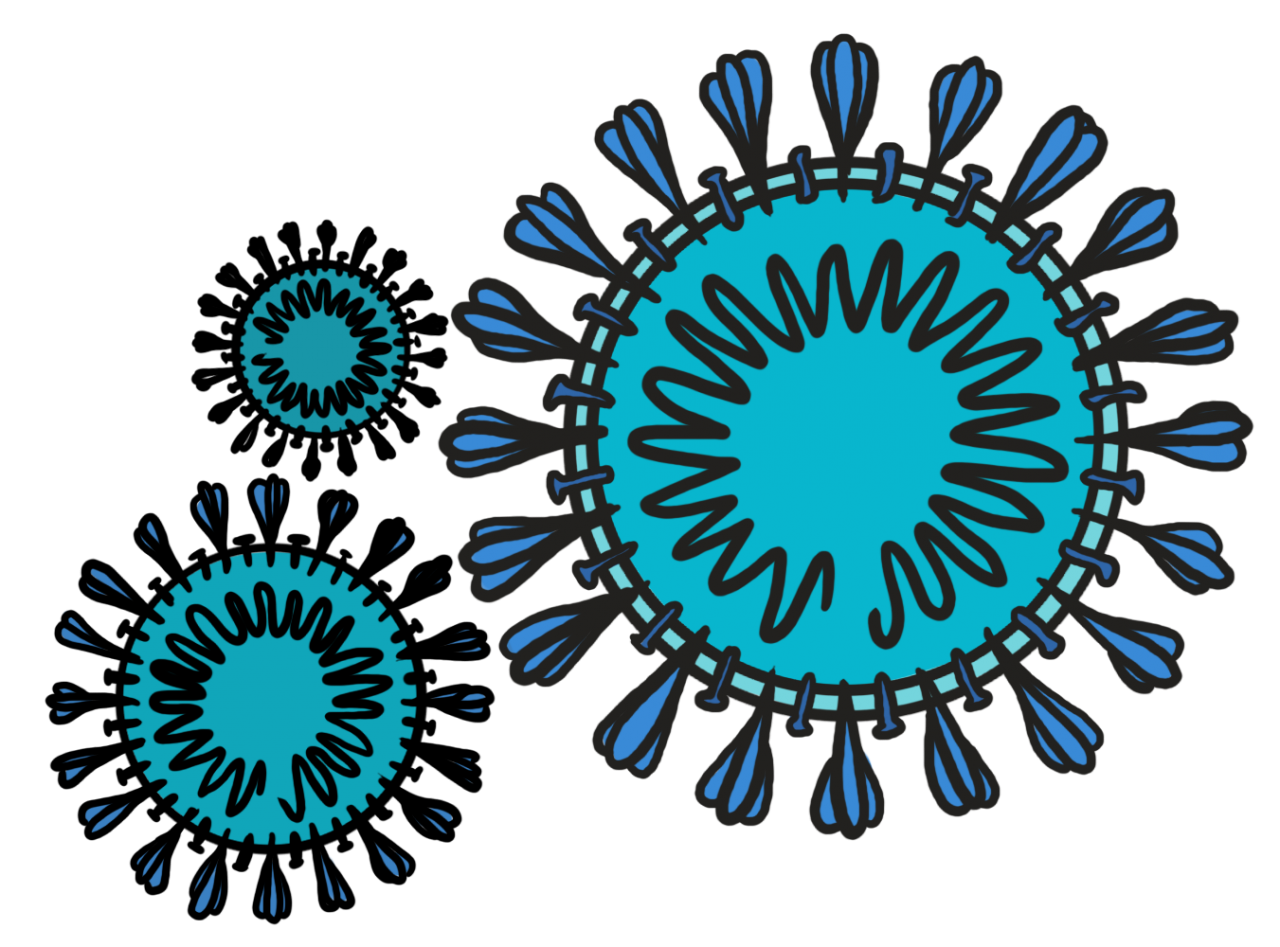Illustration by Andrea Nebhut
This article is a part of the Trinitonian’s coverage of Trinity University’s response to the novel coronavirus (COVID-19). Click here to read the rest of our coverage.
In a campus-wide email on Tuesday evening, the university announced new guidance in response to the COVID-19 outbreak and the upcoming Spring Break. The guidance included a mandatory 14-day off-campus quarantine period for any student, faculty member, staff or “campus visitor” that has visited a Level 3 or greater country as defined by the Centers for Disease Control and Prevention (CDC). Currently, those countries are China, Iran, South Korea and Italy.
The email was sent by Tess Coody-Anders, vice president for Strategic Communications and Marketing, on behalf of the university.
Trinity’s Center for International Engagement has also arranged for students studying abroad in these countries to return. Students who were abroad in China had already returned earlier this semester.
In the email, the university also encouraged campus members who planned to leave the U.S. over the break to fill out a “Personal International Travel Self-Identification” form, which asks for details of travel locations and dates, as well as enroll in the State Department’s Smart Traveler Enrollment Program.
The announcement comes with a recent increase in detected coronavirus cases as well as the first deaths from the virus in the U.S. While no cases have been reported on campus or in San Antonio (with the exception of those quarantined at Lackland Air Force Base following evacuation from Diamond Princess, a cruise ship quarantined due to confirmed cases of the virus onboard), the email announced that the university leadership team is “is planning for multiple potential scenarios and will offer information and guidance as the situation evolves. These scenarios include enhanced sanitization protocols, amended plans for large campus events and travel abroad, potential remote e-learning capabilities, as well as accommodations for immunocompromised individuals.”
The university will also post public health flyers that encourage hand washing and covering coughs and sneezes.
“If you or someone you are in contact with experiences any flu-like symptoms, seek medical attention and stay away from others to the best of your ability,” the email read.













